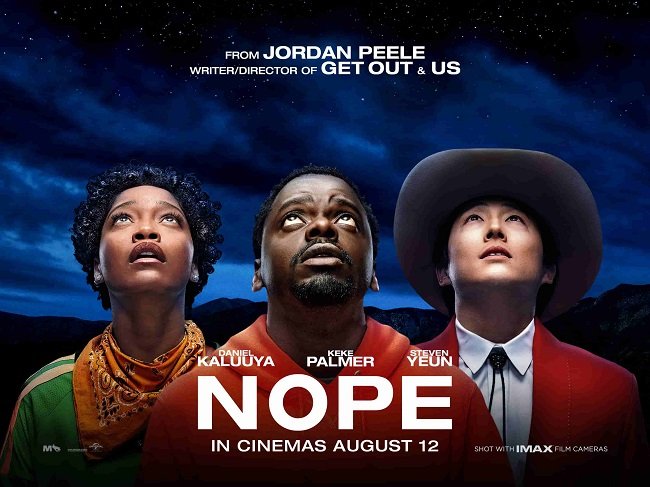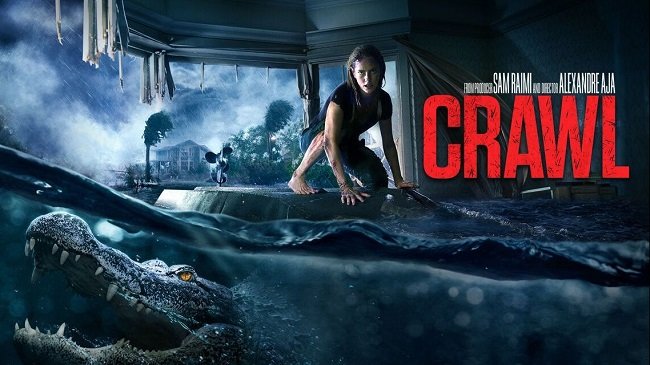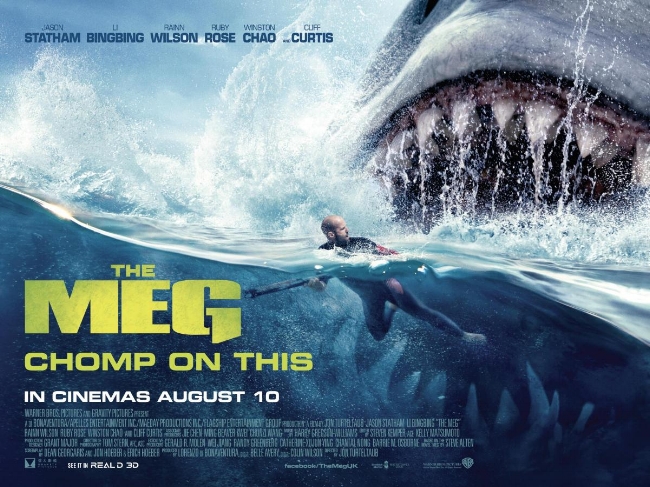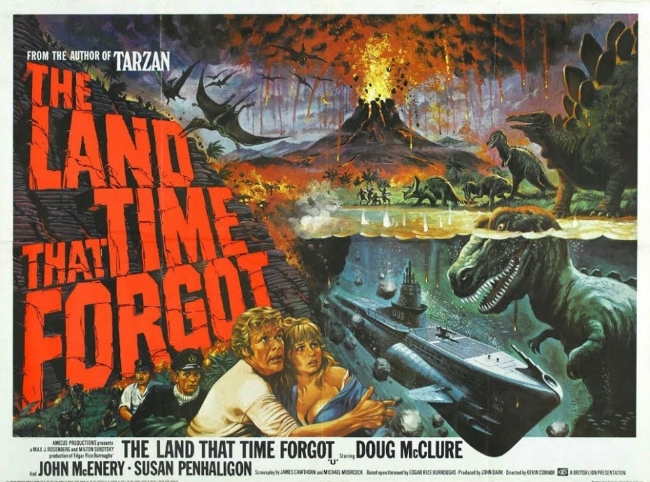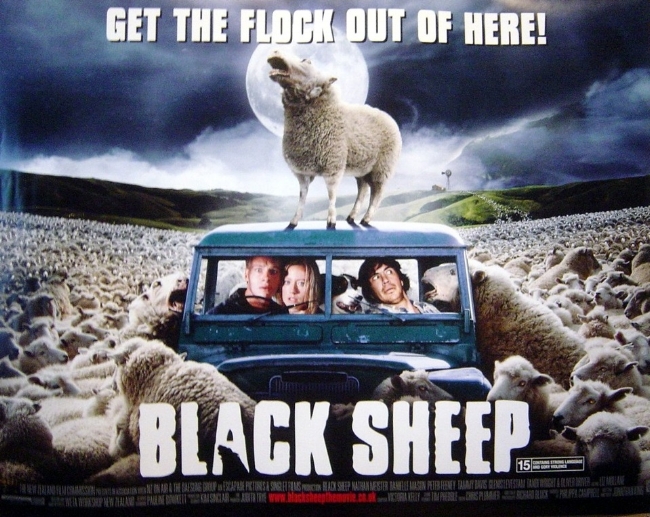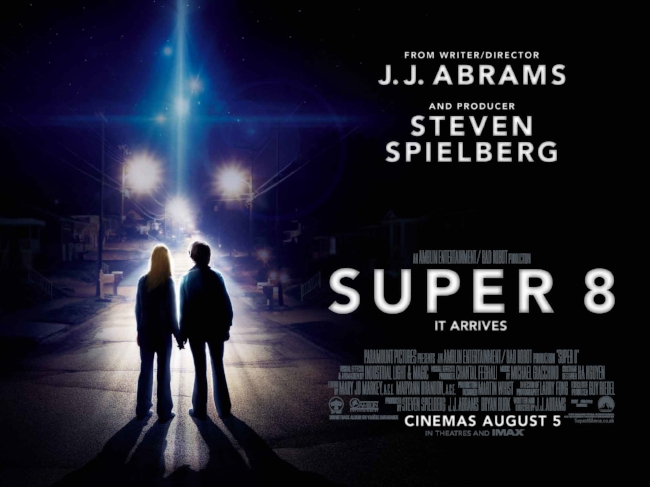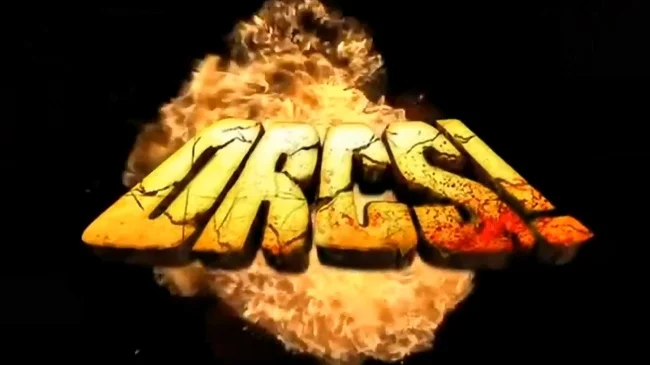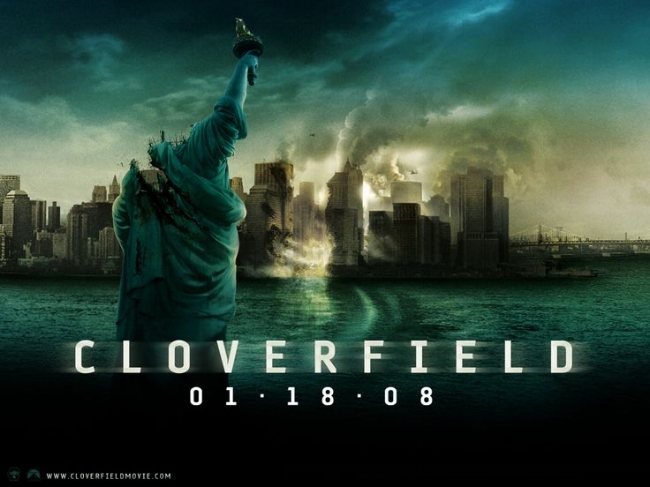Jurassic World (2015)
Hollywood is a cyclical place and often repeats decisions it's successfully made in the past. During the early seventies, the mainstream film industry head hunted a lot of up and coming talent from the independent film making community, or took a chance on directors who were fresh out of film school. It was a means to an end and a way to tap into the new talent that was proving popular and lucrative. Similarly, Warner Bros. followed suit in 2014 when Gareth Edwards was hired to direct the multi-million-dollar Godzilla reboot. His previous movie was the self-financed indie Sci-Fi picture Monsters. Godzilla went on to be both a box office and critical hit.
So, after years of languishing in development hell, the job of making Jurassic World was finally given to director Colin Trevorrow, who like Edwards only had at that time, a single small feature film credit to his resume. But "talent will out" as the expression goes and Jurassic World has proven to be a very respectable entry to the franchise. It develops the existing themes established in the previous three movies and manages to add several contemporary angles. It is tonally astute and finds the right balance between action, suspense and wry humour. The cast is spot on and the narrative is well paced. It doesn't skimp on the "wow" factor either and the digital and animatronic dinosaurs on display still genuinely impress.
What I liked most about Jurassic World is its keen sense of social observation and the fact that despite the Velociraptors, Pterosaurs and Indominus Rex it still nails what humans are like. So many of the ideas that are developed, ring true. Jurassic World is depicted as a declining financial undertaking for its owners because Joe public has grown accustomed and bored with dinosaurs. For many of the tourists the parks denizens have become as common place as elephants. The movie also does an excellent job of cataloguing the monetisation of the holiday resort. There are known brands everywhere, the same way there are in real world theme parks. Kids seem more interested by their smartphones than by the dinosaurs.
Another interesting theme that runs through the movie is that of animal psychology. Chris Pratt has not “tamed” the group of Velociraptors he works with but through behavioural science has managed to condition them and learn how to interact with them on their own terms. Now as this movie was designed to be a summer blockbuster, naturally such ideas are taken to extremes but it does raise some good questions about exactly how intelligent were dinosaurs, especially those that hunted in packs and therefore required a working form of social interaction.
Once again composer Michael Giacchinno rises to the challenge of writing a soundtrack for a franchise that already has an established set of iconic themes. He uses John William's cues sparingly and effectively. His own original material is as ever, intelligent, appropriate and of the highest quality. Overall the score helps maintain a sense of continuity to the proceedings. The same can be said about the visual effects work by Industrial Light and Magic and Legacy Effects (formerly Stan Winston Studios). Despite the fourteen-year long hiatus Jurassic World still has the same ambience as its predecessors.
The box office success of Jurassic World yet again demonstrates the public's ongoing fascination with dinosaurs. When I first saw this movie upon its release, you could hear a pin drop for most of the two-hour running time, only for it to be replaced by screaming at the appropriate junctures. I wholeheartedly believe that pretty much everyone left the cinema thoroughly entertained. The tension and thrills remained upon a second viewing two years on. Jurassic World works because the production team fundamentally understands the material that they're making. No postmodern irony or cynicism, just dinosaurs with big pointed teeth and a movie that doesn't try to fix something that isn't broken.




